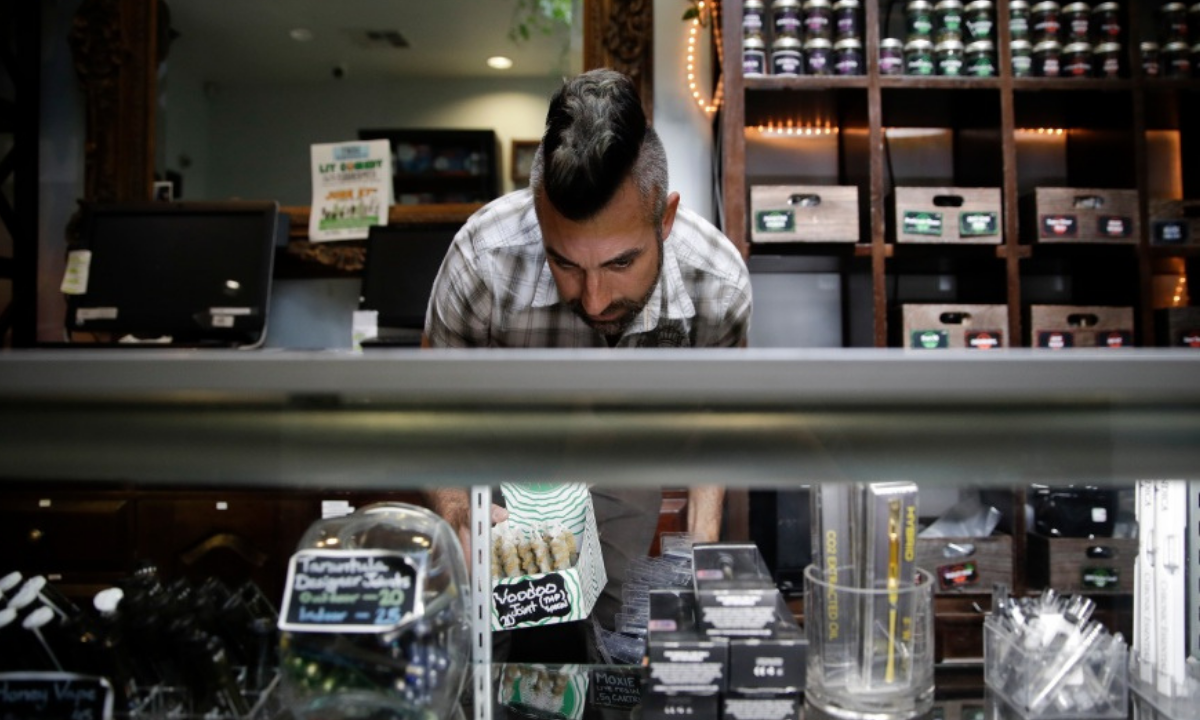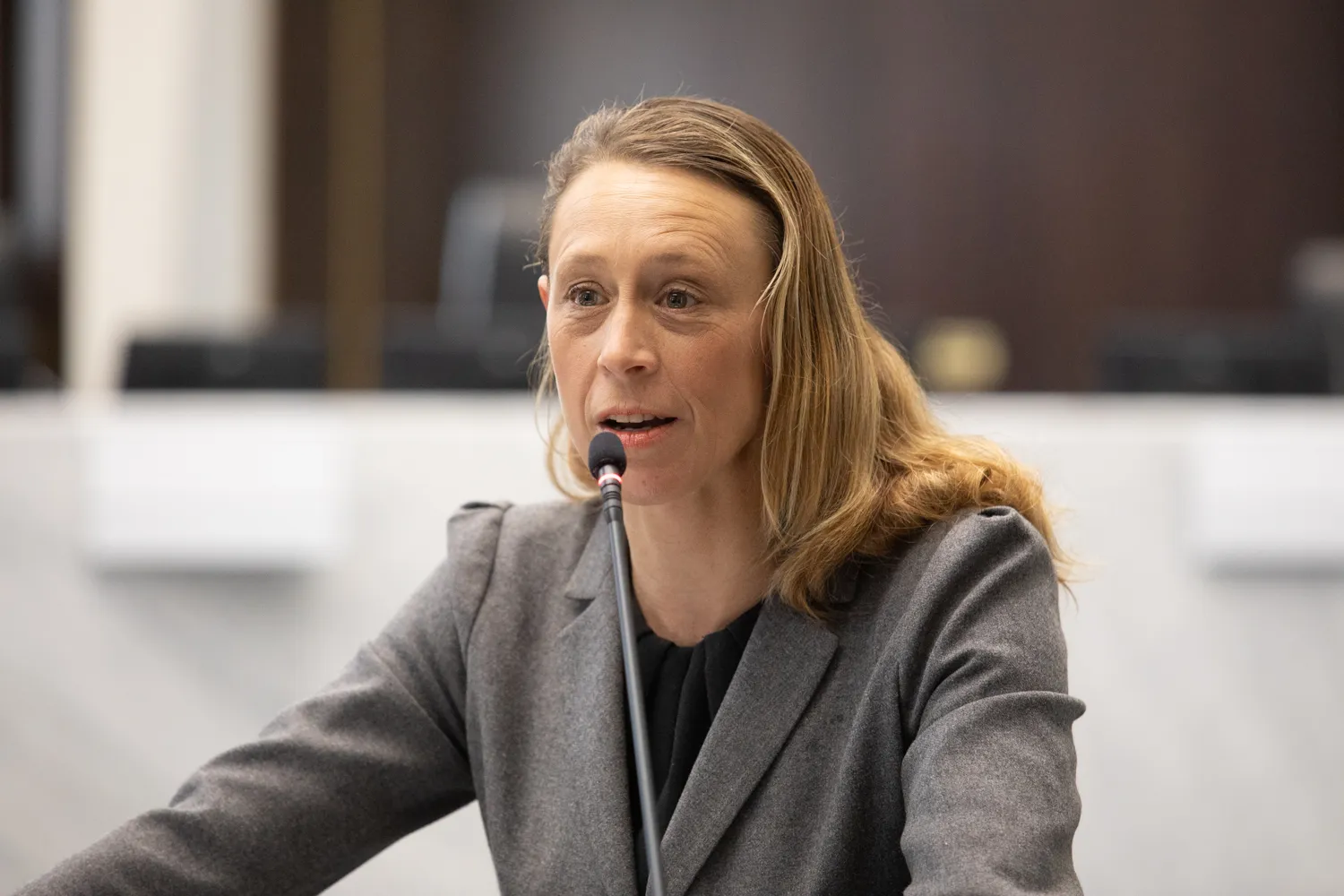Written by T. Logan Dayne
In 2016, California took steps following Oregon and Washington in legalizing marjiuana on a state level. With Proposition 64 winning 57% to 43%, the Adult Use of Marijuana Act was approved allowing for the state and local governments to regulate the private use and distribution of marjuana. To many this was seen as a big win, a step towards the federalization of legal marjijuana use, but in years since, this industry in California is beginning to tell a different story. The regulation and taxes that California has become famous for heaping upon its citizens hit the Marijuana Industry as well and this is creating a new black market, pushing its citizens back into the old ways. For some distributors it has even become much more profitable to sell on the black market to subsidize the white market sales despite the risks.
Prices of marijuana have dropped precipitously as demand drops due to ease of access. For many individuals who sell legally this has dealt a large financial blow. Prices dropping by nearly 70% with a heavy tax on what little profits are left push individuals to sell on a more unregulated market. Legal businesses are subjected to licensing fees, real estate costs, and inspections, the cost of which can easily run into the millions. Businesses are pushed to make ends meet by participating in illegal operations. “Licensed players are the good guys. Yet it just never feels like we’re being treated like we’re on the right side of history,” Knoblich Palmer, co-founder of top edibles brand KIVA Confections, lamented.
The illegal market for marijuana is an estimated $8 billion according to Tom Adams, chief executive officer of research firm Global Go Analytics. That is double the amount of legal sales. Illegal marijuana distribution have been able to circumvent taxes. A cannabis company sued government regulators in state court after “burner distributors” were getting licenses to sell cannabis then buying wholesale cannabis and then selling in the black market, which allowed them to avoid paying taxes.
Blame has been pointed at two factors. U.S. Rep. Earl Blumeanauer (D) of Oregon claims that little can be done about illegal markets unless federal legalization is achieved, a prospect that has moved little despite Democrats controlling both Congress and the White House. Others cite that the problem is local government control of the market, since many have failed to create a legal market or set up rules and others have outright banned it. All of this regulation and taxing has culminated in many in the legal cannabis market to adopt the mindset – “Why bother?”
Photo Cred: AP Photo/Jae C. Hong,File




